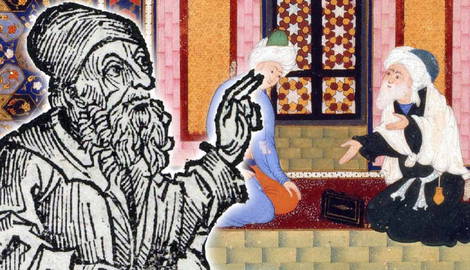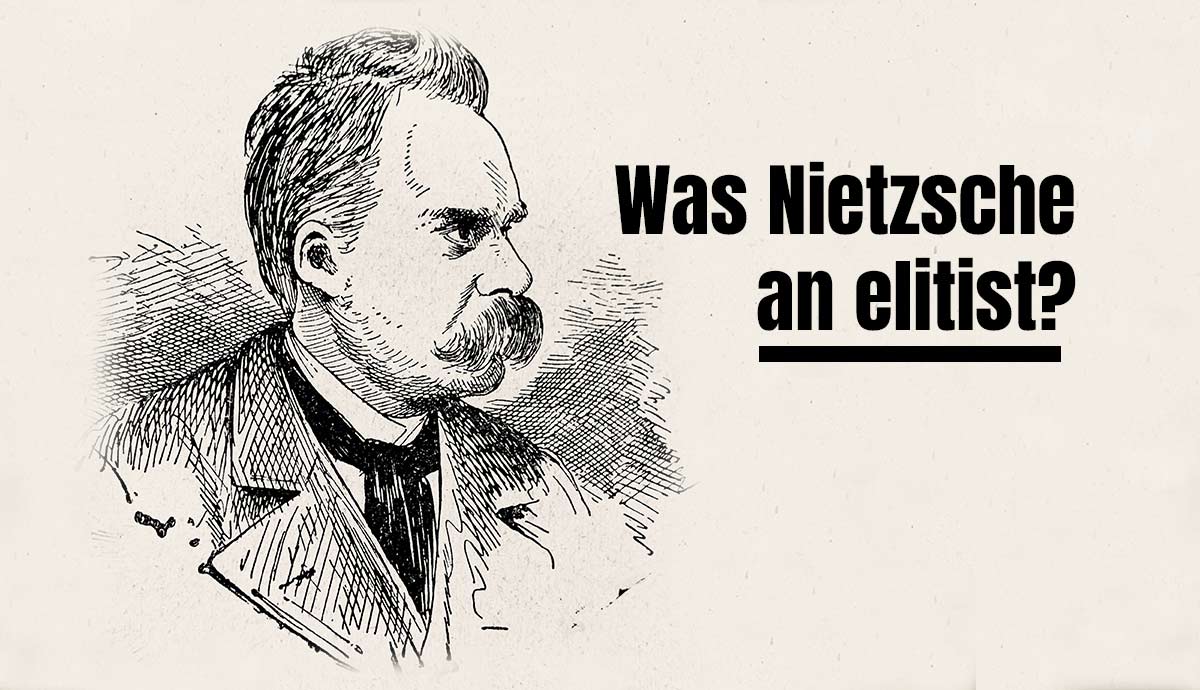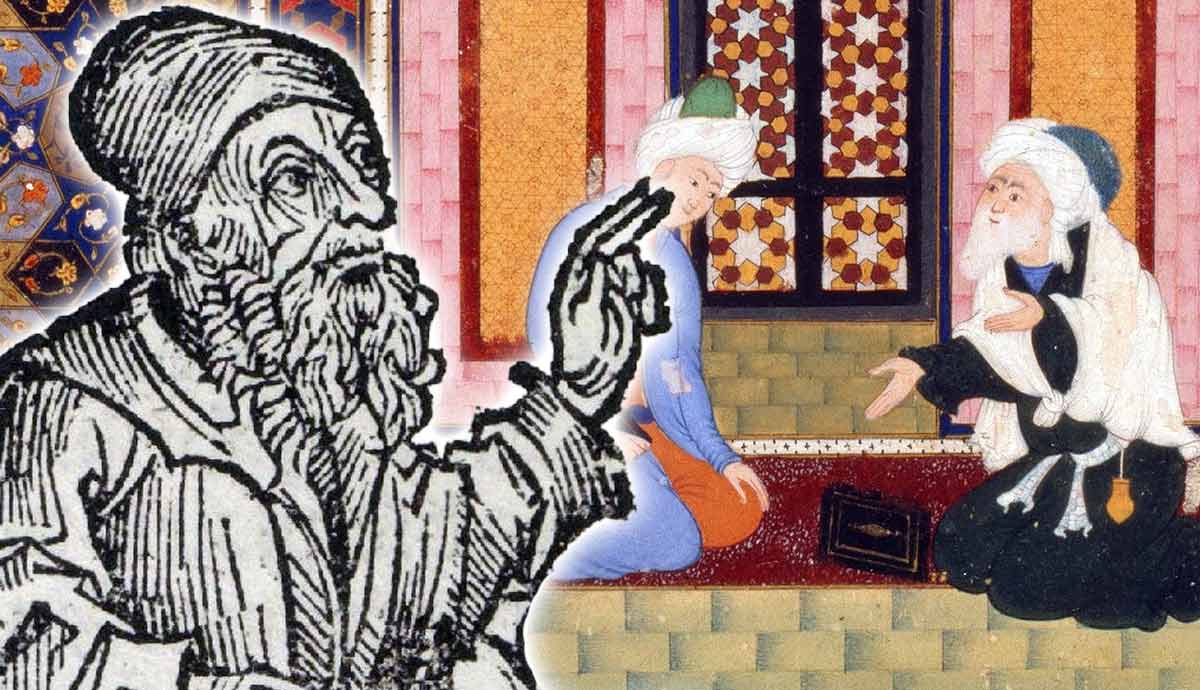
Al-Farabi was not only a philosopher but also a bridge between civilizations. Referred to as “The Second Teacher” (after Aristotle), he was instrumental in merging Greek philosophy with Islamic thinking, a synthesis that helped shape both Western and Islamic philosophy during the Middle Ages. Al-Farabi built on the works of Plato and Aristotle to incorporate their ideas into Islamic metaphysics, politics, and logic. He believed one could be both rational and faithful—a novel concept with far-reaching effects. How did Al-Farabi reinterpret while still preserving Greek philosophy?
Al-Farabi: The Second Teacher and His Greek Influences
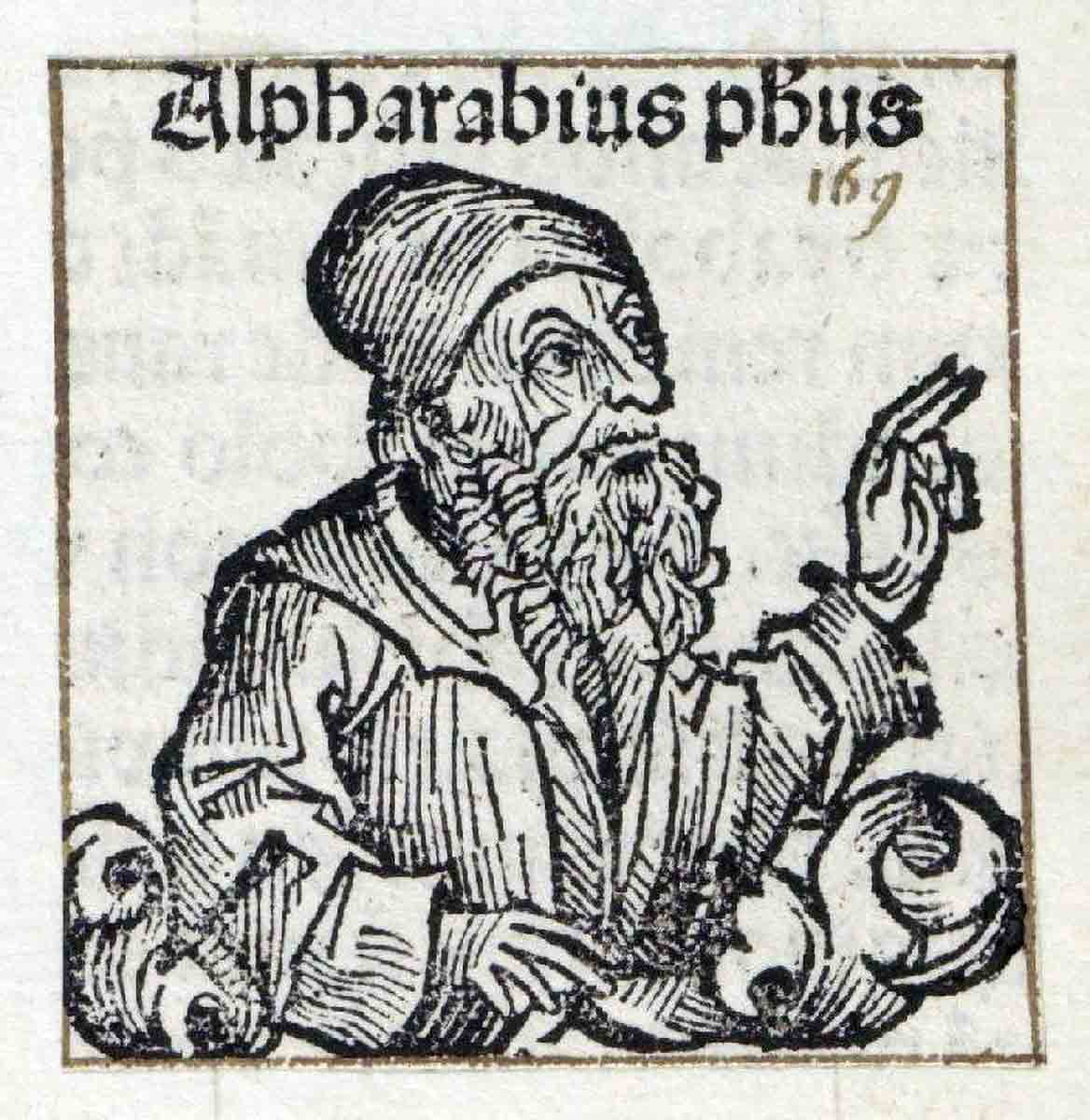
Al-Farabi admired Aristotle so much that he was often known as “The Second Teacher,” while Aristotle was “The First Teacher.” But he was more than just an admirer. By blending Greek philosophy with Islamic thought to create a new form of thought, this philosopher became a pioneer.
Like many scholars, Al-Farabi carefully studied the works of Plato and Aristotle, attempting to further develop their ideas. He did draw on some ideas from Aristotle, such as the emphasis on logic and metaphysics as a means to better understand the world.
When it came to Plato’s political philosophy (which investigates how to create an ideal society led by wise rulers), instead of simply borrowing those concepts wholesale from one dead white European male philosopher or another, he integrated them.
Al-Farabi proposed that philosophy and religion, far from being foes, were, in fact, parallel ways of getting at the truth: they just used different languages. Religious truths were expressed using symbols and faith, he said, whilst philosophers presented their ideas about the divine logically.
This idea had a huge impact and was later adopted by thinkers such as Avicenna and Averroes, who demonstrated that it was possible to convey Greek thought in Arabic. By doing so, Al-Farabi effectively created a new audience for books like those of Aristotle.
Still, today, people puzzle over how to reconcile these two things. Is there still some mileage in saying that when they are properly understood, beliefs based on revelation don’t contradict things we can prove by thinking really hard or looking carefully at the world around us?
Aristotle’s Influence on Al-Farabi
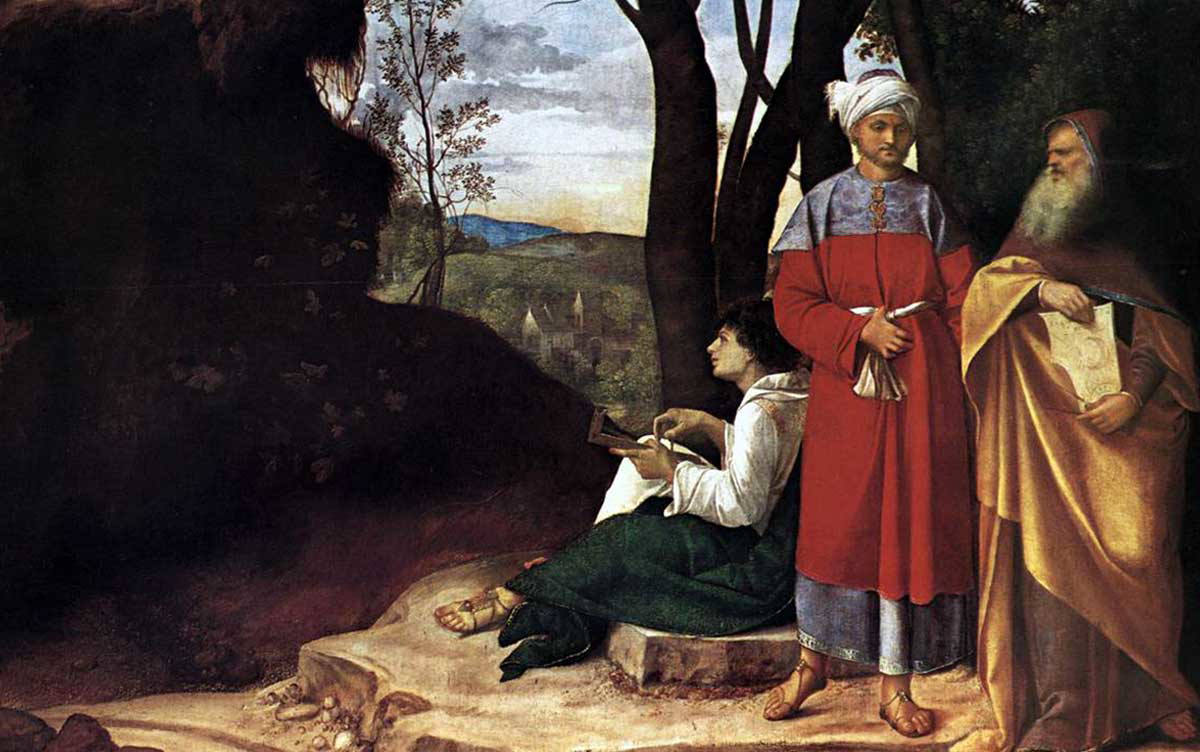
Actually, Al-Farabi not only revered Aristotle but also incorporated and extended his teachings in ways that would become central to Islamic philosophy. Like Aristotle, he believed logic was crucial for understanding the world, but rather than simply adopting these ideas from Greek intellectual history, Al-Farabi made them fit within an Islamic framework.
One of the most important ways he built upon Aristotle’s work involved developing the system of logic, specifically, the kind of reasoning employed in categorical syllogisms and demonstrative arguments. A syllogism is a structured argument with a conclusion that follows from two premises.
This method was pioneered by Aristotle. Al-Farabi refined and systematized it so that Islamic scholars could use this type of reasoning with greater clarity and practical effect.
He thought that if one could show religious tenets to be true through strong reasoning, then far from undermining them, philosophical analysis (i.e., kalam) might even end up supporting what theologians had always said.
He suggested that, if God is considered the First Cause (as per Aristotle), everything must flow from divine order, a view that links Greek rationalism with Islamic theological thinking and influenced philosophers such as Avicenna and Averroes.
Al-Farabi also deserves our thanks for something else: by showing how logic can assist both scientists and believers, he made sure that everyone respected its place in Islamic intellectual life.
This philosopher’s writings are a timely reminder that reason doesn’t have to clash with faith. Instead, these two can cooperate when seeking out truths.
Al-Farabi’s Political Philosophy
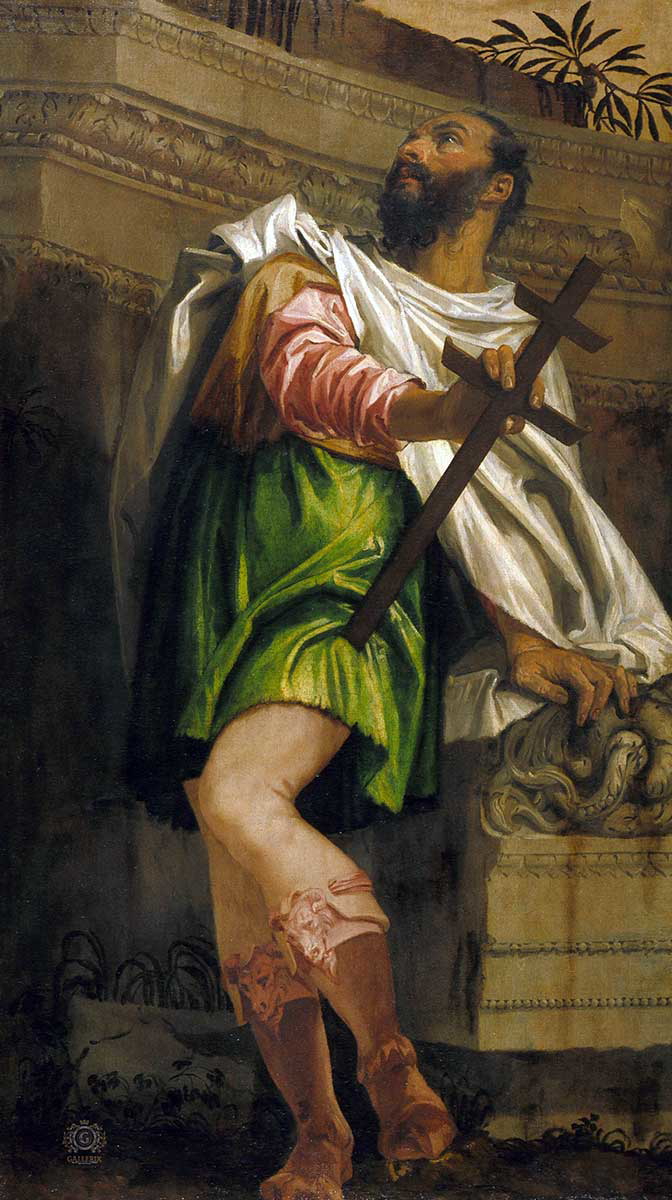
Al-Farabi was more than just a philosopher. He was also a political thinker. He didn’t simply copy Plato’s ideas down either, he came up with some of his own.
For example, while both men believed rulers should be wise above all else, Al-Farabi took this idea further when designing an imaginary society based on it (something Plato did, too). The name Al-Farabi gave to his perfect world can be translated as “The Virtuous City” in English.
In this city, every person had a job to do, but they were not told which jobs to choose from—instead, a system determined which roles people would have based on their abilities.
This made sense to Al-Farabi because he believed that if everyone did what they were best at, then things would go smoothly overall, just like how each part of the body has a specific function (your hands help you pick things up, your eyes let you see, and so on).
In contrast to Plato, Al-Farabi combined Greek political theory with Islamic ideals. He argued that an effective ruler needed more than just intelligence. They also had to be morally upright, reflecting teachings about justice and government in Islam. These views went on to shape Islamic governance and the thinking of rulers in medieval times.
The ideas of Al-Farabi continue to provoke thought today. Is it better to have a leader who is wise and good rather than simply rich and powerful? The philosopher’s vision of a fair society built on reason continues to provide inspiration as a blueprint for governance based on ethics.
The Relationship Between Religion and Philosophy
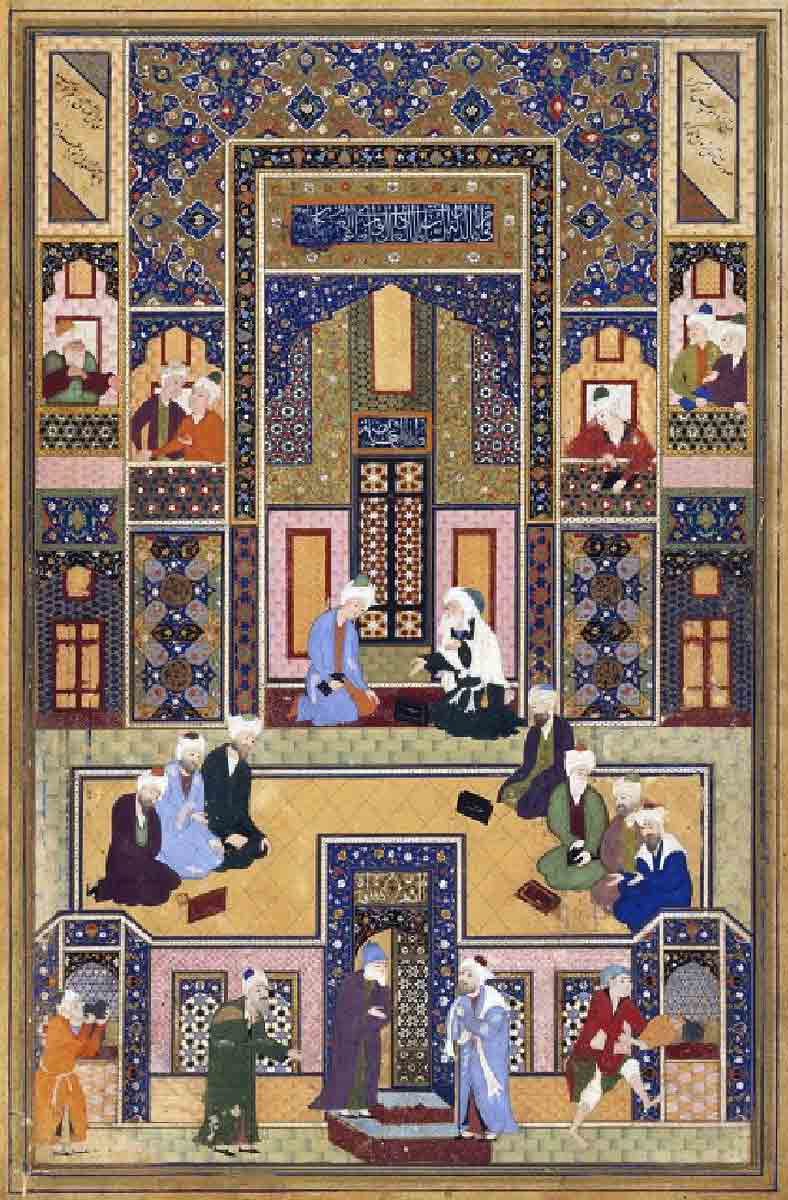
Al-Farabi viewed religion and philosophy not as enemies, but as distinct means to achieve a shared truth. Whereas philosophy pursues truth through logical argument, religion imparts truths symbolically or through stories and by divine revelation.
This was a radical idea. Many religious believers worried that thinking critically in a philosophical manner could undermine their faith.
One difference between what prophets say and what philosophers maintain is crucial for al-Farabi. He believes prophets receive their message directly from God (or Allah) and then convey it in a way that ordinary people can understand.
Philosophers do not have this access via the divine. They reach conclusions by long chains of reasoning and logical analysis.
Here, we seem to have a hint of Plato’s Theory of Forms: although there is more to reality than what we can perceive with our senses, some people are better able than others to appreciate this truth, or even aware that it exists at all.
His method was inclusive-yet-controversial. While encouraging Islamic scholars to study science, ethics, and logic without forsaking their faith, it also made room for a potential rival to revelation from God.
Today, as in Al-Farabi’s own time, there are those who wonder: do reason and belief go hand in glove—as he hoped—or will they forever be in tension? Does any one path toward truths exclude others if they all come to the same conclusions now and then?
Metaphysics and the Concept of the First Cause
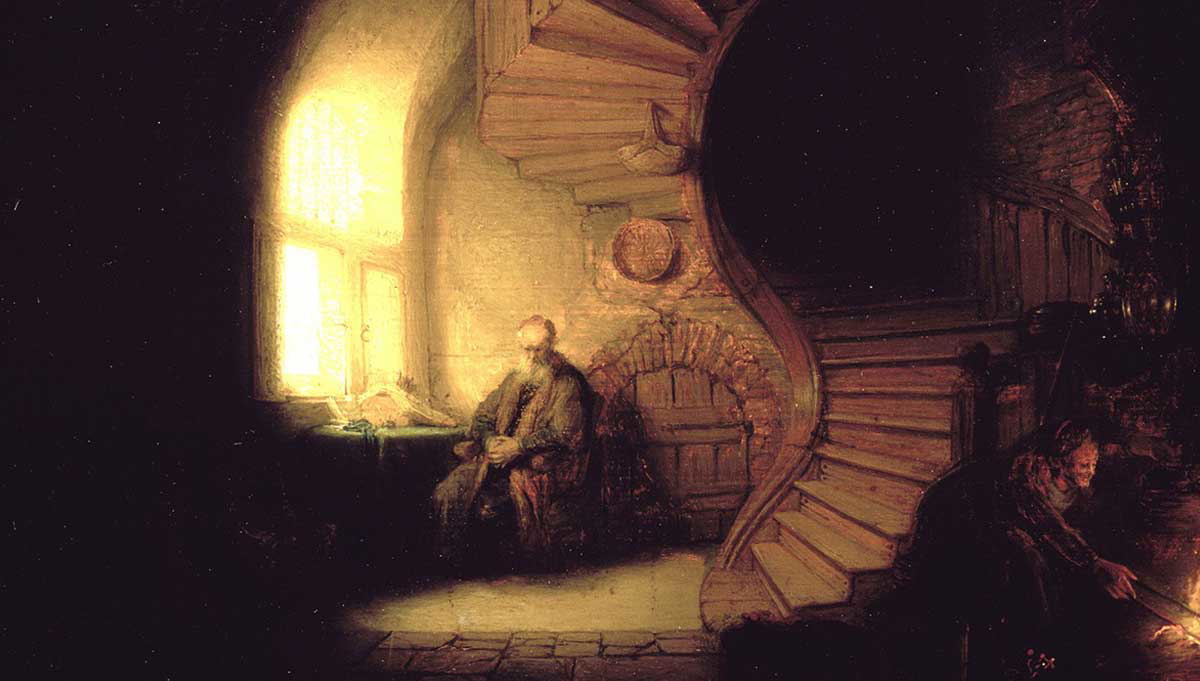
Although Al-Farabi was influenced by Aristotle’s concept of the “Unmoved Mover,” he gave it an Islamic interpretation. The philosopher believed that everything, from humans to stars, flows in a structured manner from God, who is both the origin of knowledge and existence.
In Al-Farabi’s universe, there is a hierarchy of being and understanding, both of which flow downwards from God. Beings that are closest to Him (angels and celestial intellects) possess greater purity of understanding than those further away (humans).
To climb this ladder of truth, one must combine rational thought with wisdom. This idea, at the heart of Islamic Neoplatonism, represents an integration between Greek spiritualism and Islamic rationalism.
Al-Farabi influenced Avicenna with his ideas, particularly the notion of necessary existence—that is, if one defines God as the greatest conceivable being, then he must exist. This thinking would go on to shape Islamic theology as a whole, enabling thinkers to meld faith with systematic philosophy.
Avicenna also adopted from Al-Farabi the view that the world is governed by a single logical principle. In other words, everything follows certain rules because a divine being willed it to be so. This idea has had enormous currency ever since. Indeed, it still crops up among people who ponder divine intelligence.
So, What Is Al-Farabi’s Legacy?
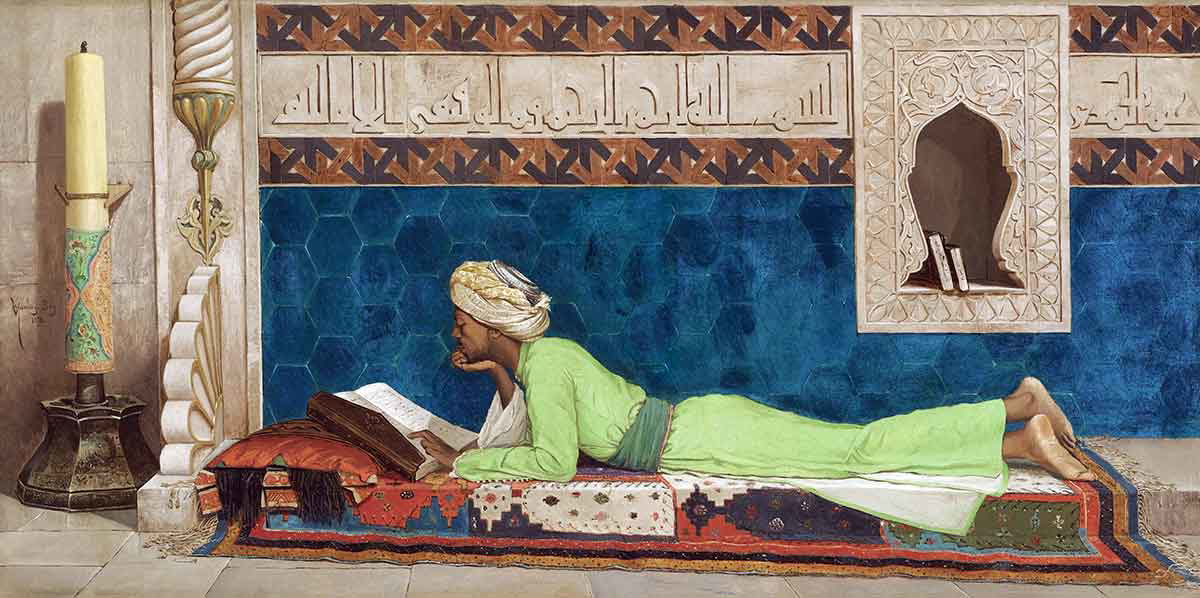
Even outside the Islamic world, Al-Farabi continued to have a profound influence on philosophy, both in the West and in Islam itself, where thinkers would draw on his ideas for centuries to come.
Avicenna (Ibn Sina) and Averroes (Ibn Rushd), who followed him, built upon Al-Farabi’s thoughts on logic, metaphysics, and the interplay between faith and reason. Avicenna used them to develop a new concept of God as being the necessary existence itself, for example.
Nor was Al-Farabi’s influence confined to Muslim lands. When his works began to be translated into Latin in 12th-century Spain, they found their way into scholastic thought—the philosophical foundation of medieval European Christian theology, based primarily on Aristotle’s writings.
Philosophers like Thomas Aquinas were inspired by Al-Farabi’s ideas, particularly his methods of blending faith and reason. Because Al-Farabi’s works were translated into many languages, including Latin, they played a key role in connecting Islamic thought with Greek Christian thought.
Even now, Al-Farabi’s project of building intellectual bridges between different cultures continues to bear fruit. It shows us that science need not be at odds with religious belief and vice versa. Both can help us find the truth. Both can also help us live good lives.
However, Al-Farabi’s legacy raises other questions, such as whether philosophy can still serve as a means of understanding between different peoples who seek to comprehend one another better, a need that may be more pressing than ever in today’s world.
